Our most requested services are detailed below; however, we also offer various other services depending on clients’ unique individual needs. These needs are often contingent on the type of product being tested: a physical product, website, digital device, prototype, software, typeface, etc. Although we can offer each service separately, our lab often combines services to provide the best support.
We charge fees to maintain our resources, but we monitor industry rates to ensure our fees are competitive. If you are interested in any of the services below, please contact LUCIA@auburn.edu .
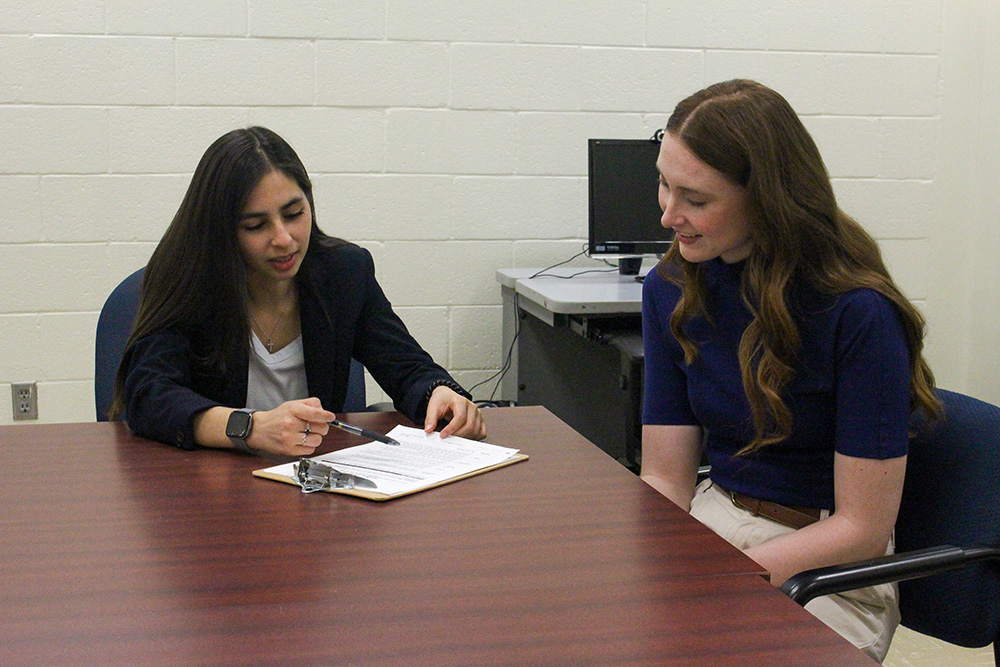
User & Stakeholder Interviews
Our client projects begin with an initial meeting to discuss the design situation or project being worked on. This helps us better understand the project’s audience, context, purpose, and objectives, and assess what research methods we will employ based on specific needs. As the project progresses, we schedule additional meetings as necessary.
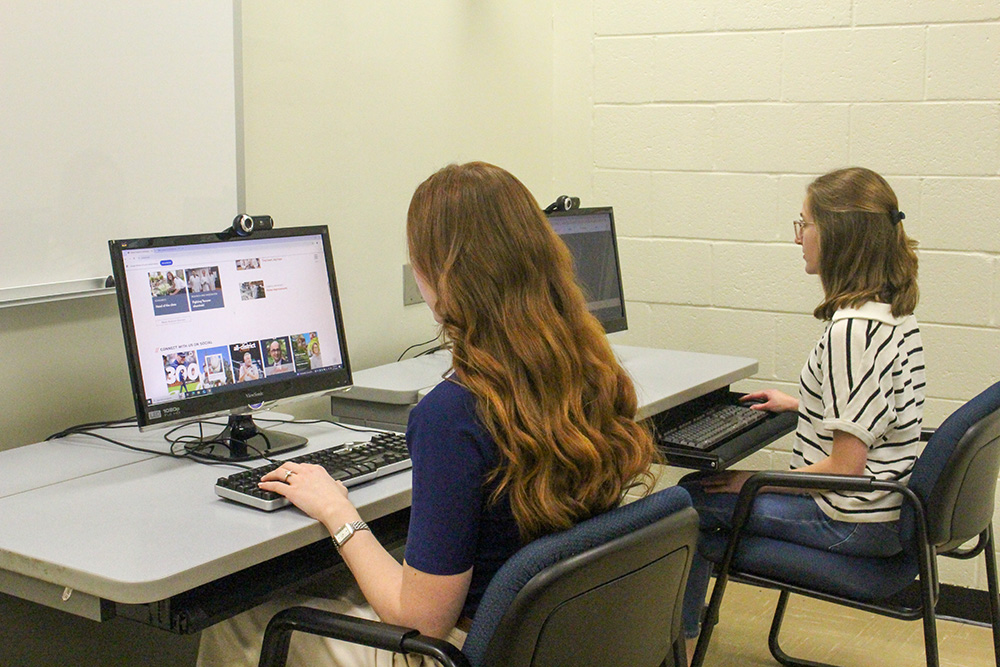
Usability Testing
In a usability test, our researchers observe users interacting with a specific product, artifact, etc. during a moderated or unmoderated session, depending on specific client needs. Tests can be conducted in-person in our lab or remotely via screen-recording software such as Zoom.
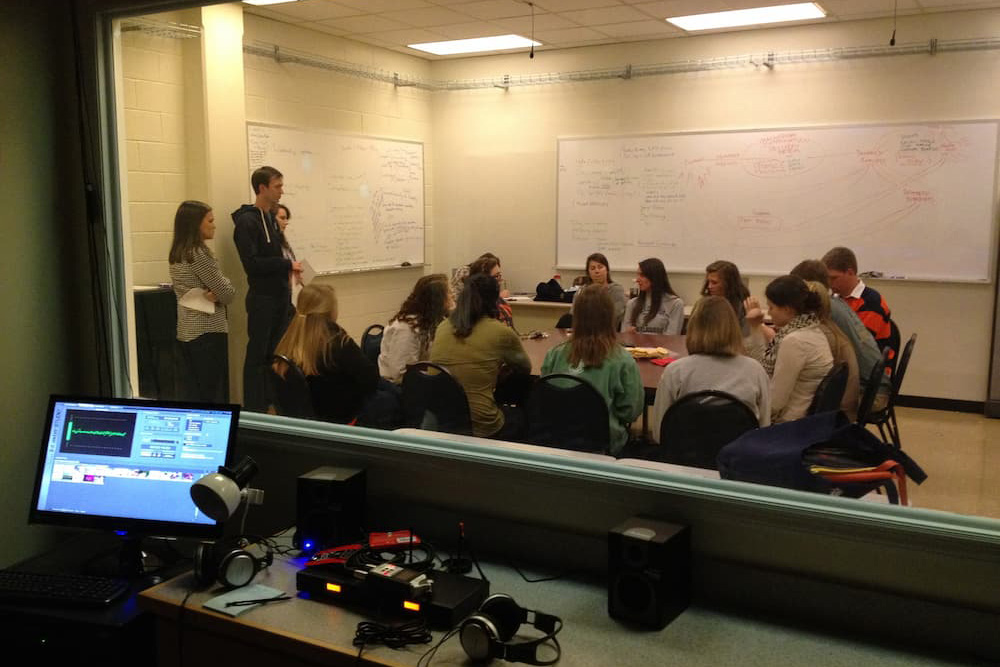
Focus Groups
In a focus group, 5-8 users discuss their experiences with a particular product, artifact, website, etc. in one of our experimental rooms while a researcher moderates the session. The researcher often asks specific questions (discussed with the client) to ensure the group stays on-topic. We record these sessions and provide the transcripts to clients
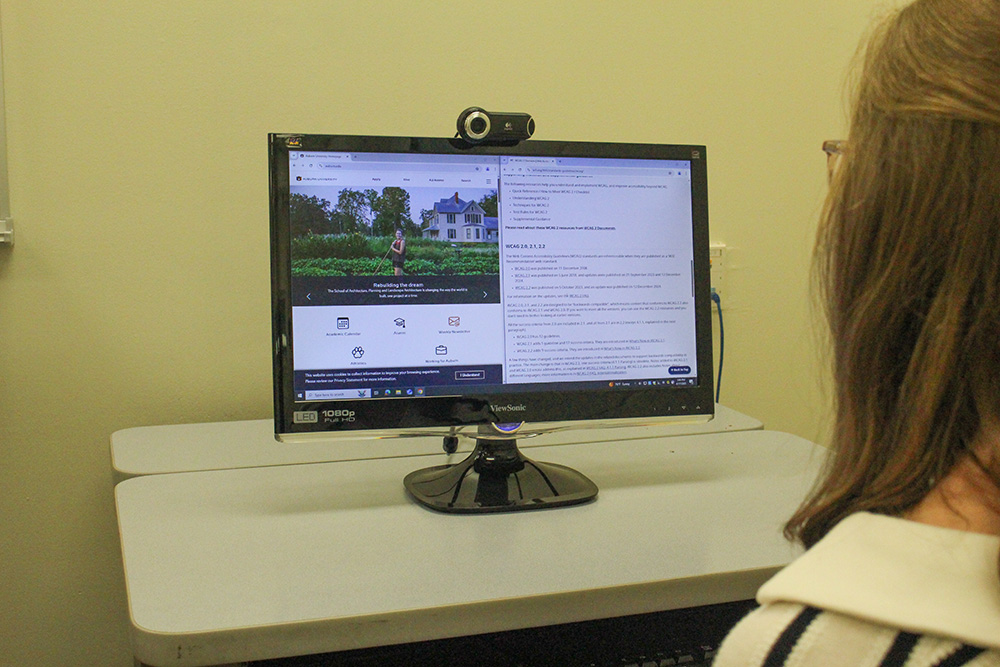
Expert Review
In an expert review, our researchers review a product, artifact, website, etc. based on their respective expertise. Their goal is to identify any usability, accessibility, or UX problems and assess whether the product reflects acceptable industry standards. Findings are included in a report supplied to the client.
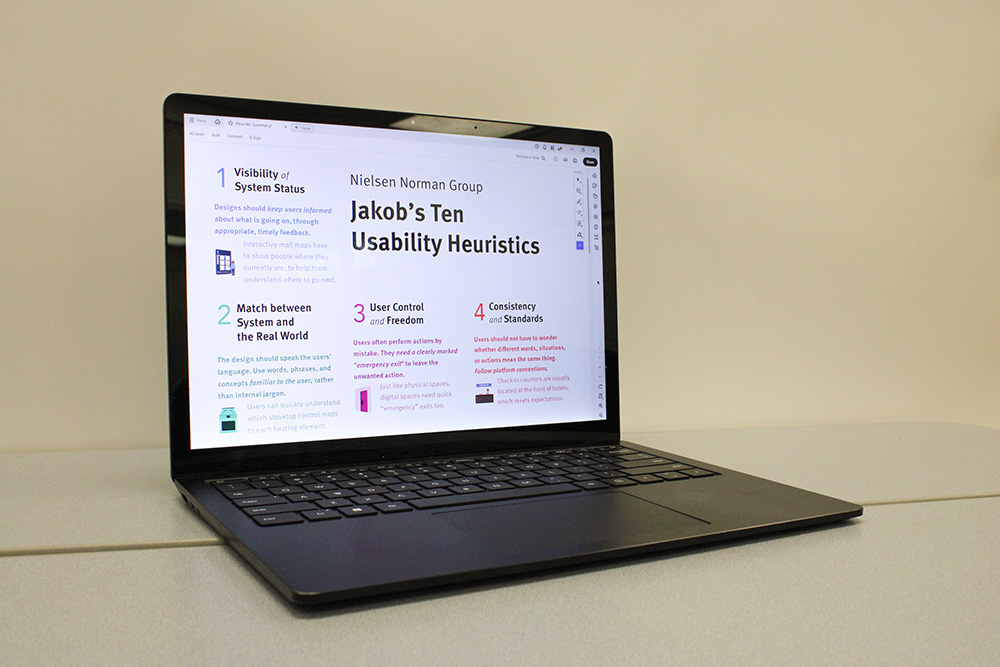
Heuristic Analysis
In a heuristic analysis, our researchers evaluate a website, product, etc. based on industry-standard usability and accessibility guidelines—often Jakob Nielsen’s “10 Usability Heuristics for User Interface Design.” However, we can also create tailored heuristics based on our evaluation of the product. Findings are included in a report supplied to the client.
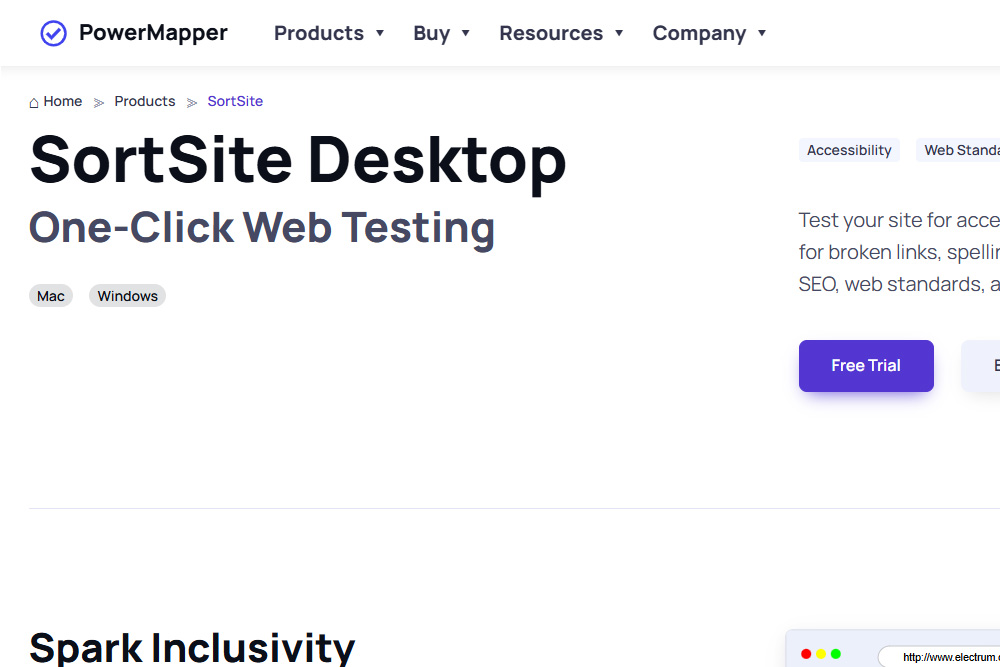
[Automated] Accessibility Analysis
We often combine expert review with an automated accessibility analysis using SortSite, a tool that identifies accessibility errors in clients’ websites. We excel at finding basic usability and accessibility problems, and the results can help identify areas that might benefit from usability testing. Findings are included in a report supplied to the client.
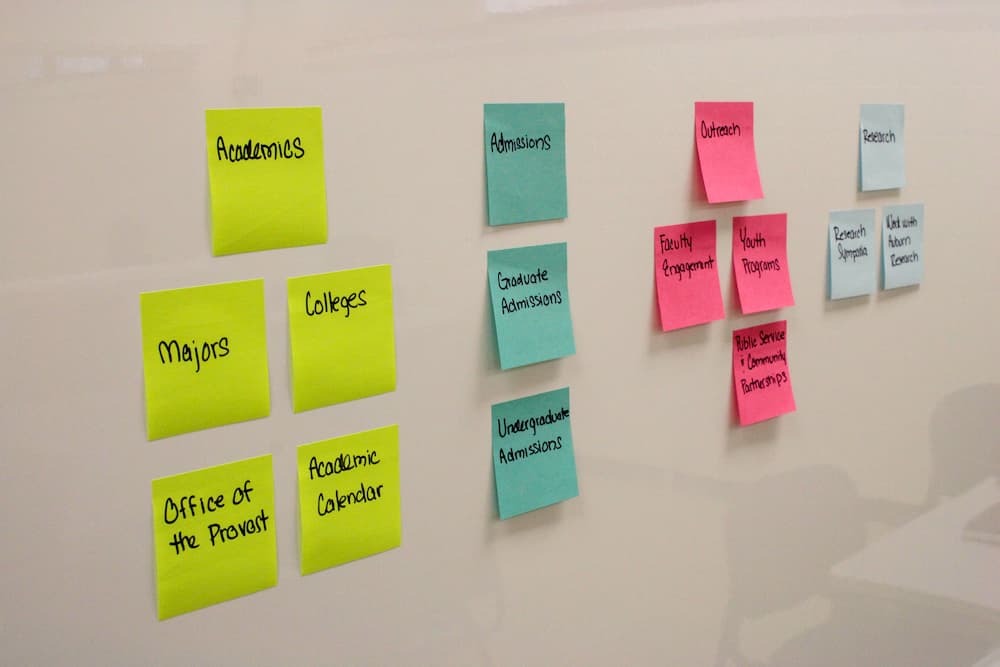
Card Sorting
Card sorting asks users to sort information into categories that make the most sense to them. This method helps evaluate whether the information hierarchy of a client’s website, product, etc. is useful and logical to users. In-person card-sorting often uses colored sticky notes to categorize information, but we also use this method virtually in our surveys.
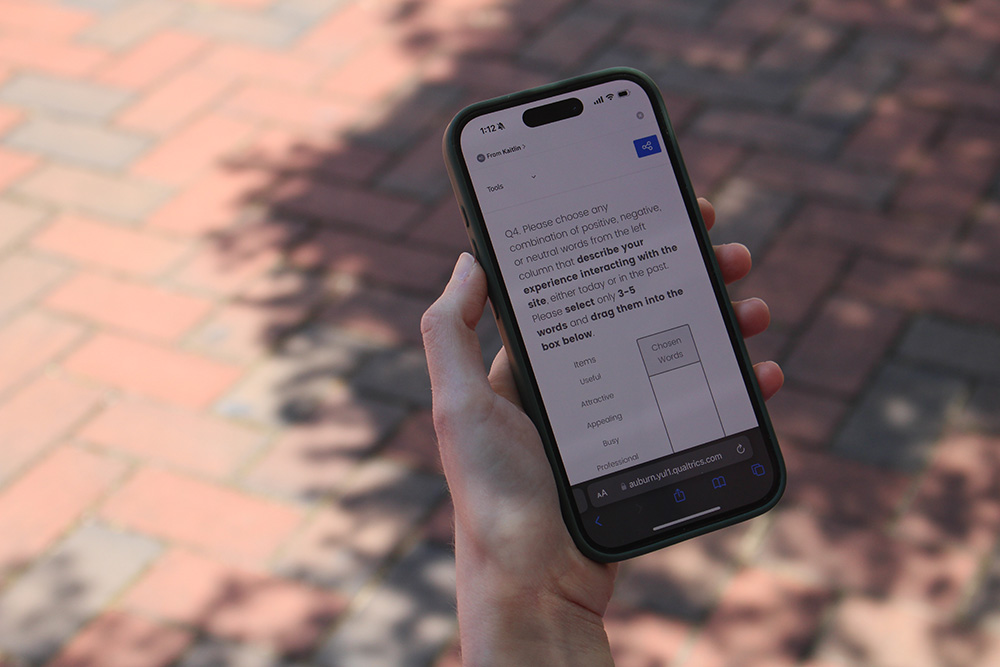
Survey Design
Our lab uses both industry standard (e.g., SUS) and non-standard survey methods. Non-standard surveys are custom-built in Qualtrics and based on criteria requested by the client or UX/usability problems uncovered during our expert review. We often use surveys when users are in hard-to-reach places (e.g., other states) as data can be collected asynchronously.
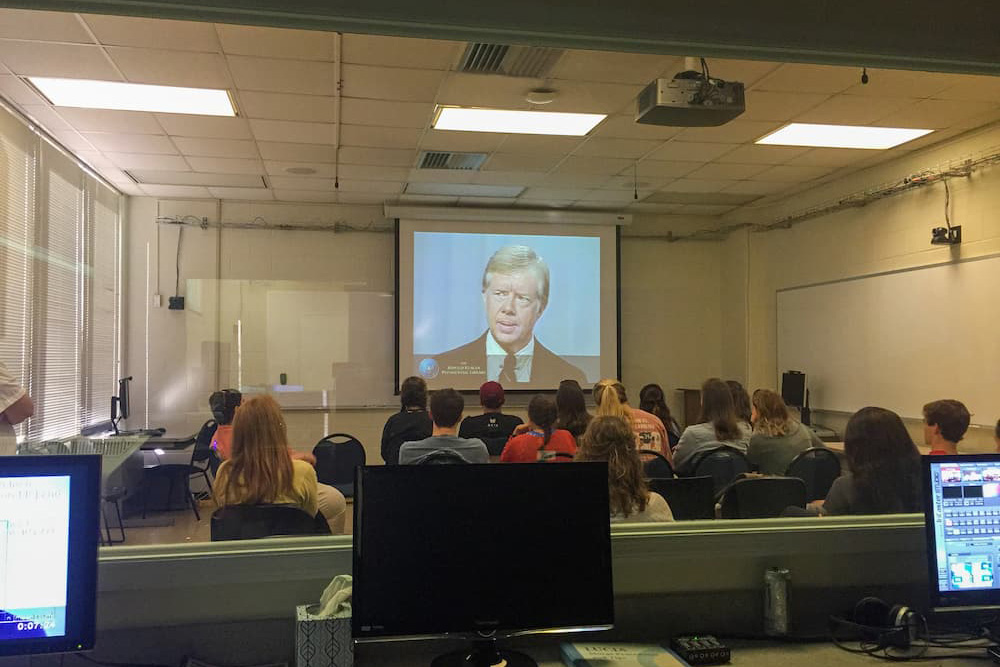
Research Design & Consultation
LUCIA is designed for industry and business clients (inside and outside Auburn University); however, faculty and graduate students in the College of Liberal Arts are welcome to contact the LUCIA staff to discuss research possibilities in our facility. We also welcome other Auburn University researchers as well.